Aboriginal Australia
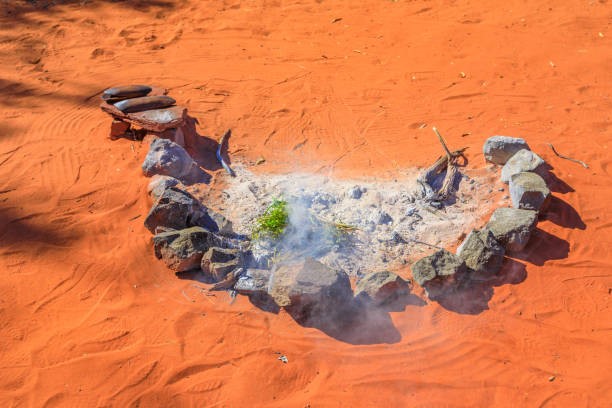
Aboriginal societies believe a deceased person’s spirit returns to the land to be reborn and this explores a their customs now and in the past. In order for this to happen, a smoking ceremony takes places in their home to drive the spirit away. Aboriginal communities believe in both burial and cremation of their dead […]
Albania
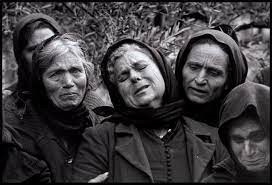
The traditional graves of Albanians dating back to as early as 1650 BCE are still evident in modern times. These can be identified by the grave mounds that traditional Albanians buried their deceased loved ones. Pits were dug into the rock and the bottom of the grave pits was layered with small stones for the […]
Antigua and Barbuda
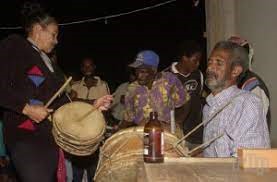
What is evident in Antigua and Barbuda funeral traditions is that they are influenced heavily on personal preferences and this, unsurprisingly, differs from family to family. The arrangements that are put in place are dependent upon what the deceased person’s family believes from a religious and cultural perspective and what traditions they hold as well […]
Brazil
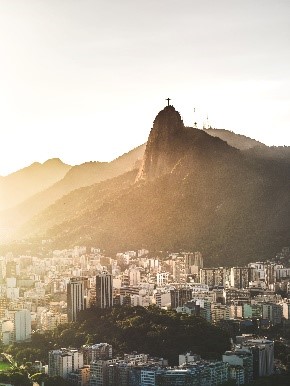
Brazilian funerals usually take place within 48 hours of a person’s death and takes place in a building specific for the deceased person’s family and friends to mourn them called a ‘velórios’. Mourning does not take place in any home dwelling. Unlike other South American countries, the Brazilians do not celebrate death but focus on […]
Cyprus

The community comes together when a person dies in Cyprus. Rituals are performed as the community around the bereaved help to support those that have been left. The Islamic faith is followed and whatever anyone does to contribute (bringing flowers, waiting at the house before the funeral or even digging the grave) is valued because […]
Czech Republic
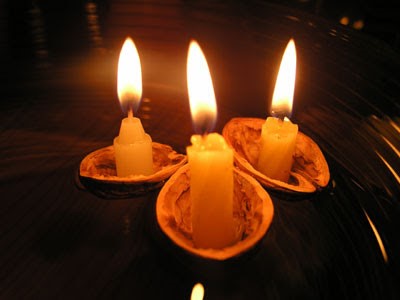
Traditionally, the beliefs on death in the Czech Republic actually start during Christmas time. They practise several rituals and observe particular things in order to maximise their luck (that includes deferring death). For example, odd numbers were deemed unlucky and so when setting the table for Christmas, an even number of place settings were laid. […]
Denmark
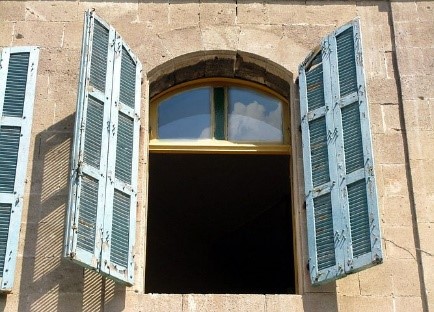
The Danes are superstitious about death. They believe that, if someone is close to dying, by leaving a window open the person’s soul can pass through the window and leave once they have died. Candles are placed on windowsills to honour the deceased and act as a memory of them. This tradition of remembrance and […]
Dominican Republic
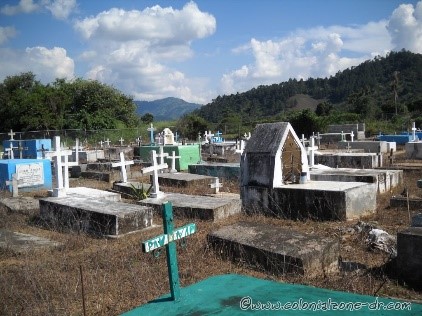
The Dominican Republic is a country in which their people, the Dominicans, place a high value and respect on the deceased. Upon a person’s death in the Dominican Republic the death has to be reported to the police. The police will then inform a person who is medically trained to examine the deceased person and […]
Egypt
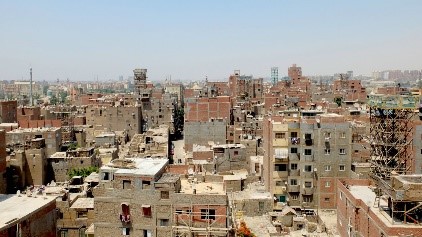
Funerals in Egypt are often traditional and with Egyptians following the Islamic faith, they follow a strict process when a person dies. The deceased body is not disturbed by anybody (apart from washing the body to cleanse and purify it and then wrapping the deceased body in a white funerary cloth). The deceased person is […]
Ethiopia
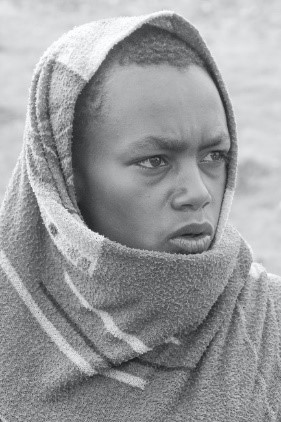
Even though death has become a part of everyday life in Ethiopia, like famines, war and disease, it is taken very seriously by Ethiopians. There appears to be a process, regardless of the different rituals performed according to the varying religious, cultural and ethnic groups within the country, that is followed when someone dies. Within […]



